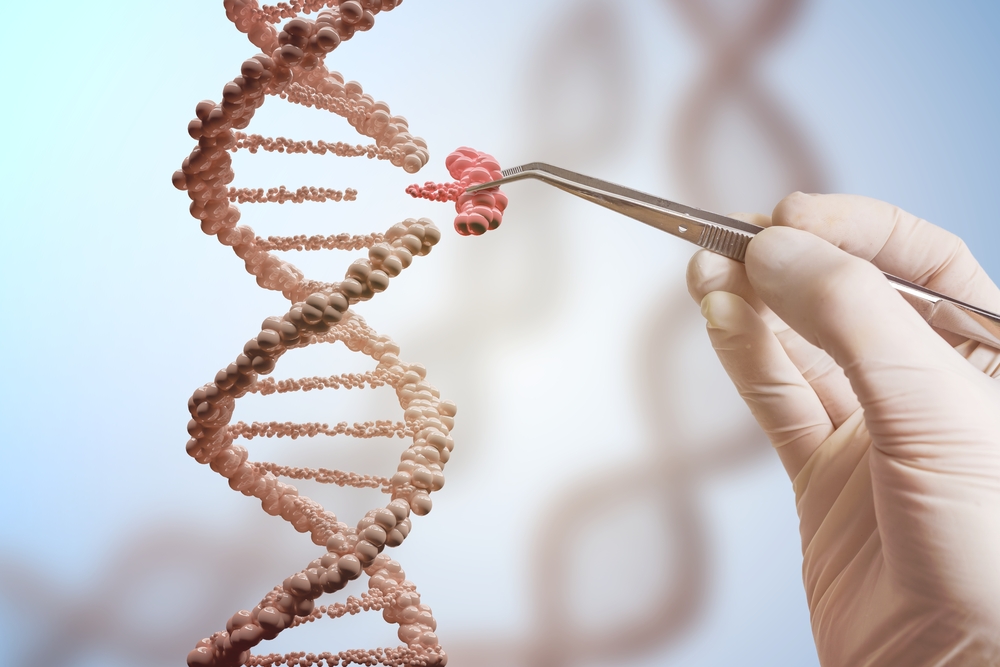CureDuchenne Ventures Invests in Dyne and Its DMD Therapy Program
Written by |

A CureDuchenne Ventures equity investment will support Dyne Therapeutics in developing precision treatments aimed at repairing muscles in Duchenne and other muscular dystrophies.
The funding — whose amount was not disclosed — will help to advance the company’s efforts to target the genetic makeup of Duchenne muscular dystrophy (DMD), with a goal of promoting muscle health and halting the progressive loss of muscle function that characterizes the disorder.
“CureDuchenne Ventures is delighted to support Dyne as part of our comprehensive approach to finding a cure for Duchenne, and we remain committed to bringing meaningful therapeutic advances to every person living with Duchenne,” Debra Miller, CureDuchenne founder and CEO, said in a press release.
“We are excited about the progress of Dyne’s Duchenne program and the opportunity to rapidly advance to clinical studies,” Miller added. “We know that progress comes from approaching research from multiple angles, and believe that Dyne’s FORCE platform holds substantial promise for advancing precision exon-skipping therapies that are targeted to reach affected muscles throughout the body.”
Duchenne is caused by a mutation in the DMD gene, which codes for dystrophin. This protein is primarily found in skeletal muscles — responsible for movement — and in heart or cardiac muscle. Over time, damaged cells weaken and die, and are replaced by scar tissue, leading to muscular weakness.
Exon skipping works like a molecular patch, enabling the DMD gene to produce a shorter but functional dystrophin protein by “hiding” specific exons (the gene bits with information to make proteins).
In people with Duchenne, specific exons in the RNA molecule produced from DMD can be masked with molecules called antisense oligonucleotides, so that the remaining exons may be stitched together to code for a working version of dystrophin.
Current DMD therapies based on this approach include Exondys 51 (eteplirsen) and Vyondys 53 (golodirsen), both by Sarepta Therapeutics.
Dyne’s muscle-targeted platform — which focuses on DMD, myotonic dystrophy type 1, and facioscapulohumeral muscular dystrophy (FSHD) — is intended to develop treatments that address the disorders’ fundamental genetic drivers.
The company crafted a therapeutic molecule by linking an antibody to an exon-skipping oligonucleotide. By engaging with specific receptors highly expressed on muscle cells, the antibody carries the oligonucleotide into muscle cells, where it works to alter RNA and an increase in dystrophin production.
“Dyne’s partnership with CureDuchenne underscores our deep commitment and our sense of urgency as we work to bring life-transforming therapies to patients living with DMD and other serious muscle disorders,” said Joshua Brumm, Dyne’s president and CEO.
“We appreciate the collaboration with and investment from CureDuchenne Ventures, which will help us advance our novel approach to targeting the genetic basis of DMD, with the goal of halting disease progression and restoring muscle health.”
Dyne recently gave financial support to an ongoing natural history study aimed at advancing studies into potential therapies for FSHD. Run by the FSHD Clinical Trial Research Network, the 18-month observational study (NCT03458832) — still enrolling adults — is called the Clinical Trial Readiness to Solve Barriers to Drug Development in FSHD (ReSolve).





